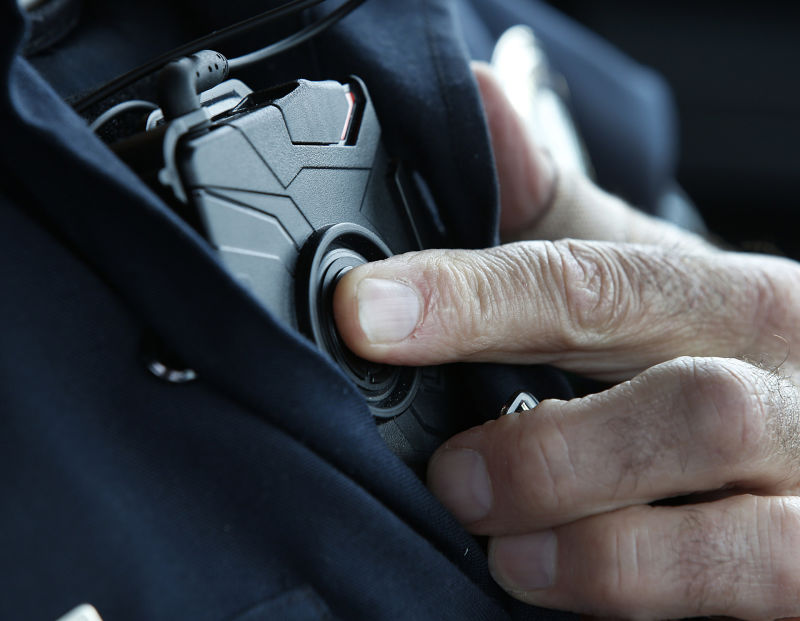Some vendors asked if the city would consider exceptions to requirements that their company have a minimum of two years' experience in the market and provide three separate law enforcement agency references where they've deployed at least 250 cameras.
A vendor who declined to give his name asked if that would automatically eliminate emerging companies that could offer newer, better technology.
"The intent is we’re deploying a large number of body cameras," city Senior Purchaser David Bui said, "and we need a firm that is used to dealing with large agencies.”
Domingo said the city is open to considering newer technologies, but "we have not discussed becoming your test base."
Another area of confusion involves the length of time that routine video would be retained on cloud-based storage, which generally includes a per-gigabyte subscription cost. The city is asking vendors to provide cost estimates for 13- and 25-month terms.
The uncertainty is due in part to the department's lack of a finalized body-worn camera policy, which the city's Police Commission is currently deliberating, said SFPD Director of Information Technology Will Sanson-Mosier. He said part of the commission's decision on that point will stem from a cost/benefit analysis between the shorter and longer retention periods.
"The numbers that you give in the 13-month versus 25-month [retention] will go a long way toward helping them determine that policy," he said.
The Police Department estimates approximately 20 percent of an estimated 720,000 hours of video recorded by officers per year will not be routine -- say, video that contains evidence from a homicide investigation or officer-involved shooting. That video would be retained indefinitely.
San Francisco Police Officers Association President Martin Halloran told KQED in a phone interview that the data retention is going to end up costing the city a lot more than it currently expects.
"The city is going to find out, like other cities have found out, the cost of the body cameras -- not so much for the equipment, but for the storage of the footage -- is going to be astronomical," he said, referring to San Francisco's current $6 million budget for the program over the next two years. "That's not going to be enough money for the policy that they want."
SFPD Deputy Chief Mikail Ali told the vendors that the department hopes to finalize its policy by early 2016. Halloran said the Police Commission will forward its final version to the city's Department of Human Resources. Then DHR, the Police Department and the union will begin a meet-and-confer process.
"We could be done by early 2016," Halloran said, but he added a caveat.
There is great controversy over one provision in SFPD's draft policy, which currently would allow officers to view video footage of a critical incident, like an officer-involved shooting, before being interviewed by internal affairs investigators. Some stakeholder groups that helped create the draft, including the city's Public Defender's Office, want that point changed. They argue that it extends a double standard to police who could become criminal suspects.
But the union is adamant about keeping that policy point the way it is. Halloran said officers involved in shootings would stop making voluntary statements to internal affairs investigators if they are not allowed to view footage before interviews.
"If in fact the draft policy does not allow members to view the footage, I guarantee I will not be signing off on that policy," he said, "and it will end up in front of an arbitrator."
Representatives from 11 companies attended Wednesday's meeting. Neither Taser International nor Vievu, two of the biggest companies in the market, attended the conference.
